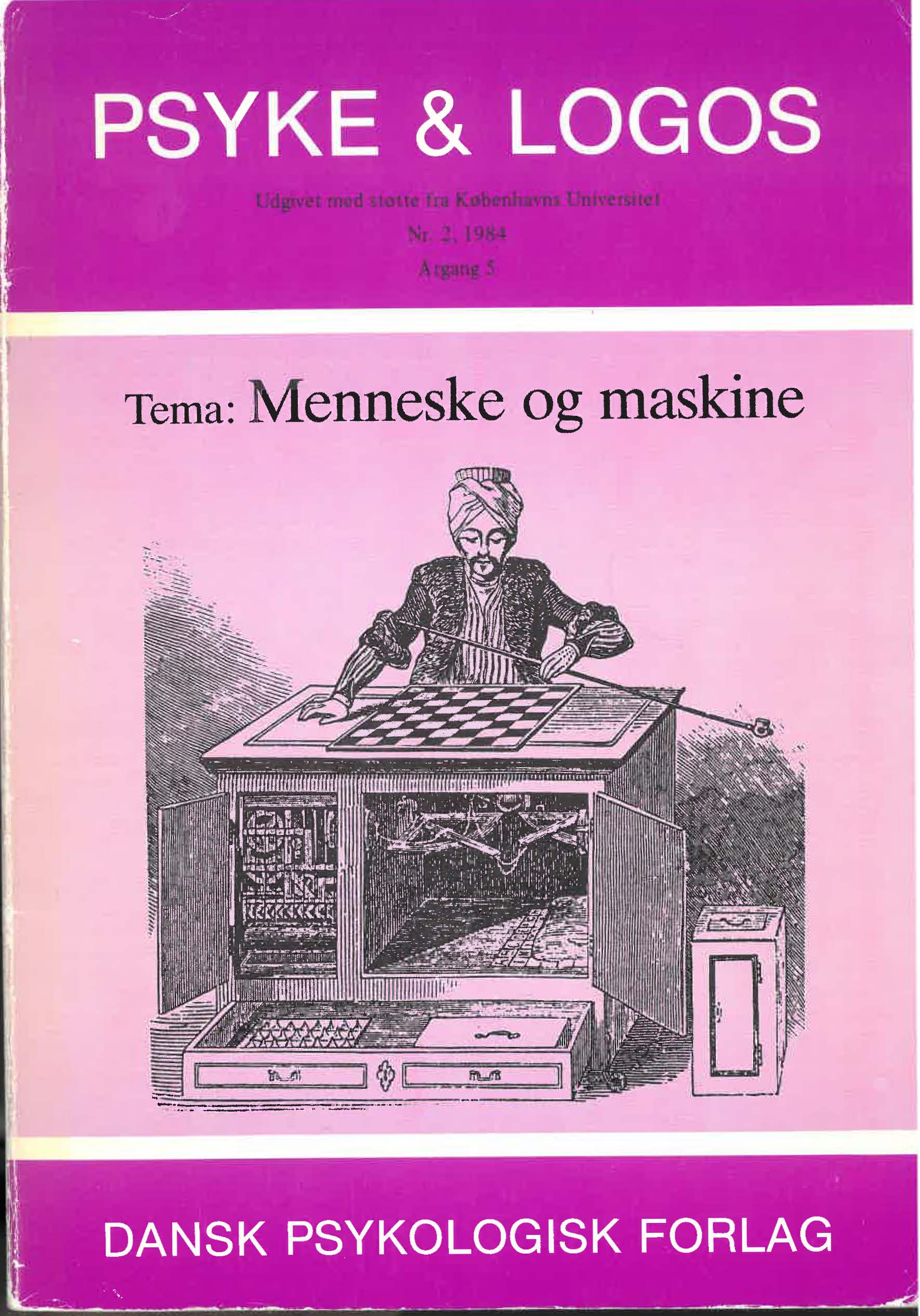En skrift der skriver sig selv
- informationsteknologien set som et nyt kapitel i skriftens historie
DOI:
https://doi.org/10.7146/pl.v5i2.135457Abstract
Computers can be seen as a projection of same aspects af human cognition. As it could be realized when the script through Gutenberg's invention became a mass medium, a new information technology retroactively influences those very aspects of language and cognition of which itself originally was a projection. Thus after Gutenberg it has been a widespread ambition inside bureaucracy to be able to talk like a book. Such phenomenon is in the present article termed 'counter-projection'. Contrary to the common question related to artificial intelligence of how far the machines will be able to think like humans, the question is here reversed: Can humans learn to think like machines? Through an analysis of the double principle of language and cognition, here termed the epical and the logical dimension respectively, it is shown that the most obvious result of the sensory and social deprivation, which is a possible consequence of the modem information technology, is the development of purely abstract forms of language and cognition lacking authentic reference. An irnproverishment, consisting in a language constituted by logos and without epos. A totalitarian script who senseless and endlessly writes itself.
Downloads
Published
How to Cite
Issue
Section
License
Ophavsret er tidsskriftets og forfatternes. Det er gældende praksis, at artikler publiceret i Psyke & Logos, som efterfølgende oversættes til andet sprog, af forfatteren frit kan publiceres i internationale tidsskrifter, dog således at det ved reference fremgår, at den oversatte artikel har et forlæg i en dansksproget version i Psyke & Logos. Artikler kan frit deles og linkes til på forsknings- og undervisningsnetværk (så som Blackboard). Link foretrækkes, fordi det giver oplysning om brug af tidsskriftets artikler.




